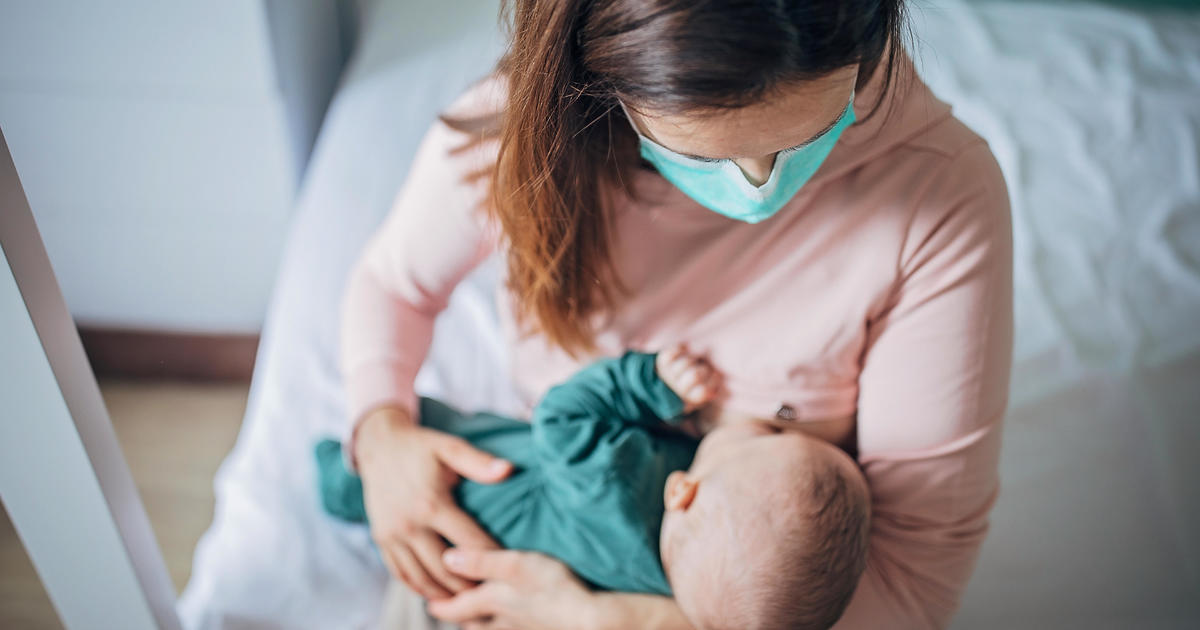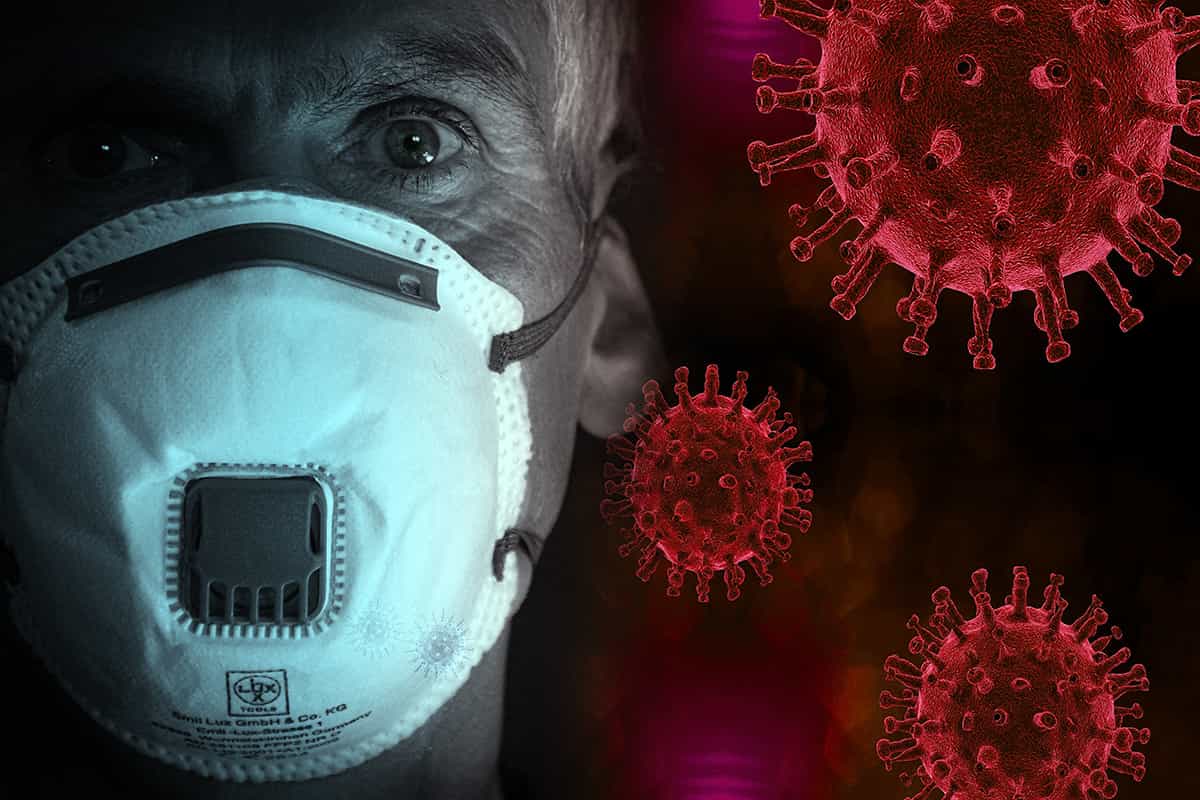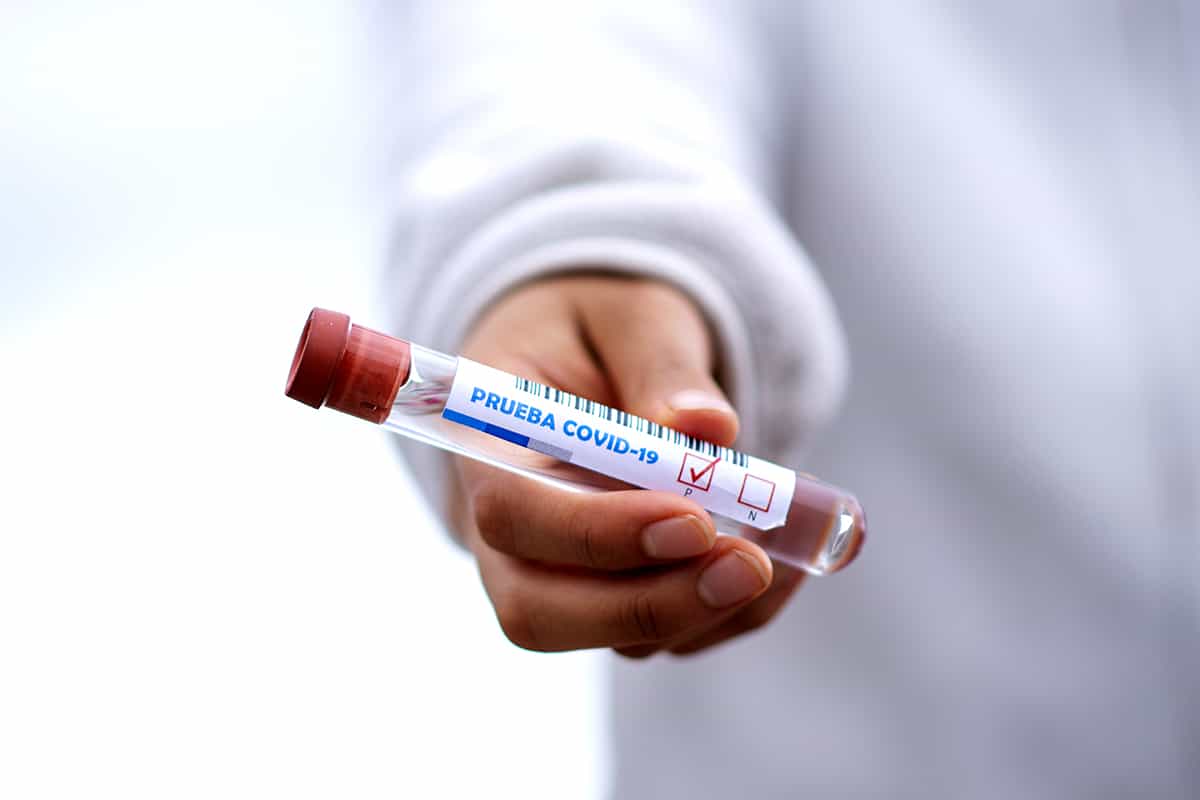COVID-19’s stealth impact on children
As fears of the coronavirus continue to spread in the United States, some people have turned to unorthodox, unproven and even dangerous methods to attempt to ward off the disease. Now, rumors are spreading that breast milk could contain COVID-19 antibodies, but doctors say there’s no evidence to support that claim.
“There’s no proof that breast milk at all can cure COVID or give you antibodies,” Dr. Dyan Hes, a pediatrician with New York City’s Gramercy Pediatrics, told CBSN’s Anne-Marie Green and Vladimir Duthiers on Tuesday. “There’s no data that I know of that has been published yet about it.”
For years, people have been selling and buying human breast milk online for adult consumption, touting its supposed benefits as a “superfood” with immune-boosting properties. These claims have been repeatedly debunked by doctors, who say drinking breast milk as an adult has no health benefit and can lead to a number of illnesses.
Despite these warnings, The Daily Beast reports that milk sellers have seen an increase in buyers looking for human milk to boost their immunity or speed up their recovery.
While breast milk is good for an infant’s developing immune system, Hes warns that there is a lack of evidence to support the existence of coronavirus antibodies in breast milk.
“There’s no proof of that yet, this is all hypothetical,” she said. “[Breast milk] would be the lowest thing on my list. I think you can take some vitamin C and zinc if you want to, but do not buy breast milk to prevent COVID. That is not going to help you.”
There is some research being done on the subject. Dr. Rebecca Powell, an infectious disease expert at the Icahn School of Medicine at Mount Sinai, put out a call on social media for breast milk to test for antibodies and their potential ability to combat the disease. However, the research could take months or years, and Powell explained to VICE that if any potential treatment could be derived, the antibodies would need to be purified and concentrated — not just drunk.
Other research is looking into whether antibodies found in the blood of people who recovered from the virus could be used to help treat people who are sick.
Crucially, there has been no detection of the virus itself in breast milk, meaning there is no known risk of an infected mother passing it to her child through milk. This is consistent with other respiratory illnesses like SARS.
Hes said that doctors are encouraging mothers who have tested positive but want to breastfeed their babies to wear a mask and gloves every time they pick up their child. If they are pumping, they are encouraged to do so under very clean conditions with frequent hand washing, and have someone else feed the baby. Both methods are supported by both the World Health Organization and the Centers for Disease Control and Prevention.








